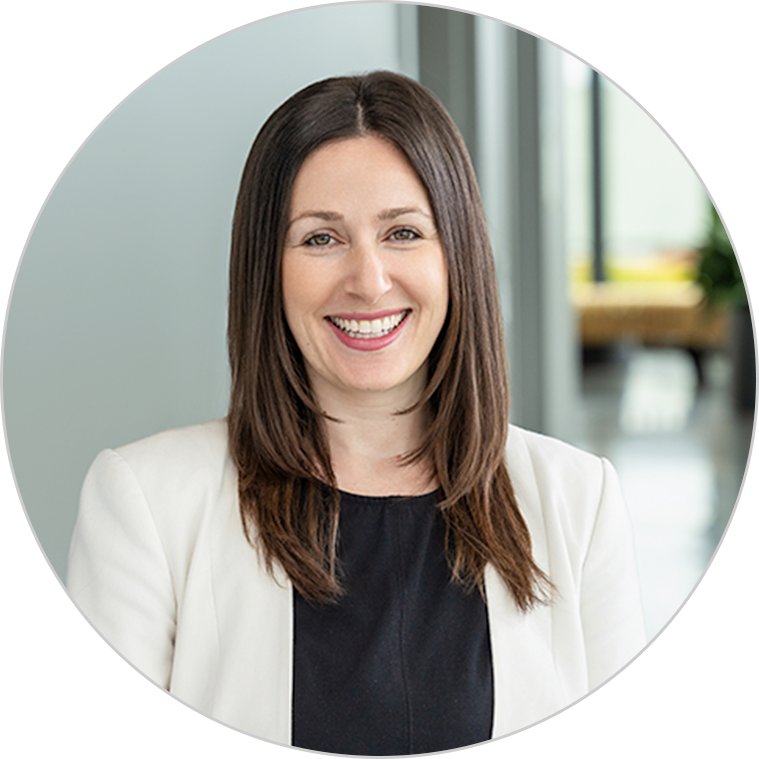
Shauna Aron Caria is a global leader in gender equality and inclusive development, with over 13 years of experience advancing gender equity, disability inclusion, and safeguarding in complex settings. She advises international organizations on gender and intersectional analysis, GBV prevention and response, and inclusive programming, and has co-developed influential resources such as the Trauma-Informed Approaches Toolkit, the Sexual Harassment, Exploitation and Abuse Prevention and Response Program, and the Holistic Inclusion Approach. A native ASL user and child of a Deaf adult, Shauna began her career in the Philippines supporting adolescents and Deaf youth, and brings a lifelong commitment to accessibility. She teaches the SAIS Women Lead Practicum as adjunct faculty at Johns Hopkins University School of Advanced International Studies (JHU SAIS), and holds an M.A. from JHU SAIS and a B.A. in International Human Rights and Law from the University of Washington.